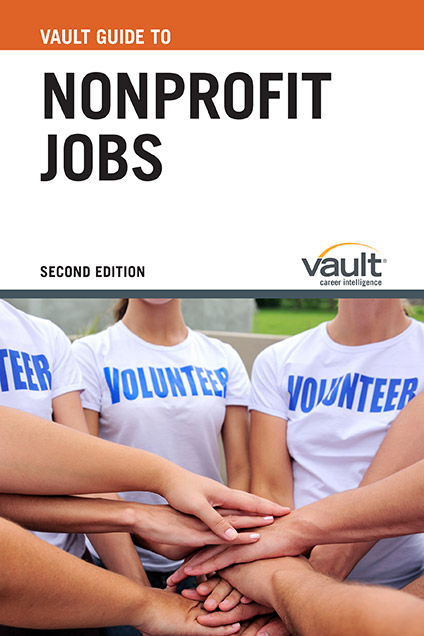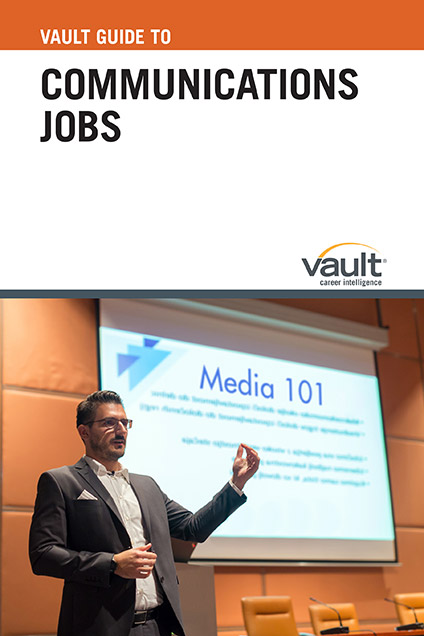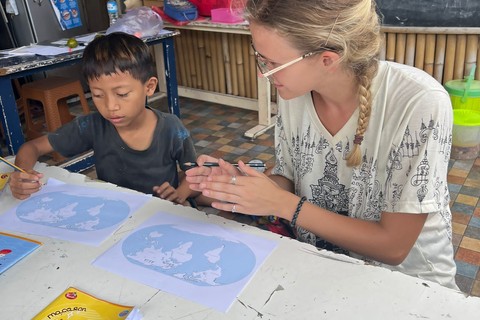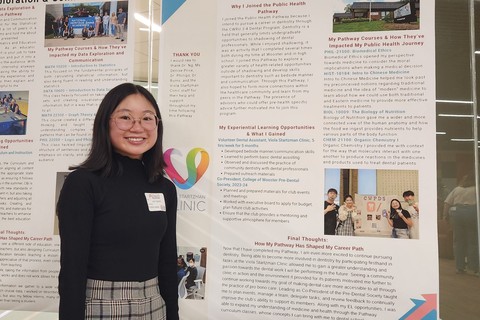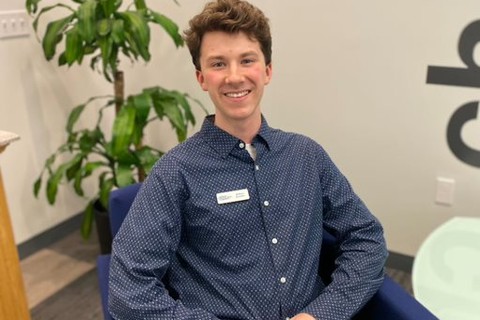

Activism & Social Change Pathway
Do you want to change the world, but aren’t sure where to begin? Or are you already engaged in activism and want to expand your skills and knowledge? This Pathway gives students room to explore the histories and theories of activism and social change movements, the skills required to organize people for social change, and knowledge of the legal, governmental, and economic systems relevant to understanding and participating in efforts to create a more just and equitable world.
Students who choose this Pathway may develop knowledge and skills in many of these areas:
- Histories and theories of activism and social movements
- Legal issues and frameworks
- Skills for organizing, promoting, and mobilizing direct actions in public spaces
- Collaboration skills necessary for coalition building and community outreach
- Strategies for communicating and expressing issues to a larger public
- Working with diverse communities and constituencies
- Communication skills through multiple formats (performing arts, art, media, and social media)
- Grassroots organizing skills
- Understanding political systems
- Grant writing and fundraising
Students who graduate with this Pathway might choose to use their activism & social change knowledge & skills in careers involving:
- Political actions & campaigns
- Nonprofit work
- Advocacy & outreach
- Legal work
- Fundraising
- Leadership
- Visual & digital art
- Writing & other communications
- Theatre
- Advising & supporting those seeking social change or suffering from injustice
Whether you’re new to activism or already focused on specific social change goals, this Pathway is adaptable to a wide range of experiences and backgrounds regarding social change and is designed to help you refine your plans for work during and after college.
Students will complete four courses from the approved lists below.
Legal & Political Perspectives
1 Course
These courses are meant to give students an introduction to legal & political perspectives related to activism & social change movements. Courses that meet this requirement will highlight the relationship between law, policy, and justice, identify dynamics of contemporary politics and public policy, and/or examine legal & political foundations of inequalities.
- PHIL 21000: Jurisprudence: Law & Society
- PHIL 21200: Race, Gender, and Justice
- PHIL 31200: Political Philosophy*
- PSCI 20715: Immigration Politics and Policy
- PSCI 20717: Politics of Inequality
- PSCI 20800: Race and Ethnicity in American Politics
- PSCI 21800: Political Psychology & Socialization
- PSCI 24300: Human Rights
- PSCI 24600: Peace Studies*
- SOCI 20500: Sociology of Law*
Forms of Communication & Expression
1 Course
These courses provide opportunities for students in this pathway to strengthen their communicative and expressive skills and imagine how those skills are vital to activism & social change movements. Courses that meet this requirement will discuss the role of communication & expression in decision-making, persuasion & argumentation, collaboration, conflict resolution, or other forms of resistance.
- COMM 15200: Public Speaking
- COMM 20007: Communication & Conflict*
- COMM 22500: Small Group Communication*
- COMM 25100: Communication & Social Protest*
- COMM 25200: Argumentation & Persuasion*
- COMM 25400: Political Rhetoric*
- COMM 25900: Communicating Public Policy*
- COMM 26000: Environmental Communication*
- GMDS 30000: Research Methods in GMDS*
- THTD 26100: Contemporary Women Playwrights
- THTD 30301: Theatre for Social Change
Histories of Movements & Community Building
2 Courses
These courses offer introductions to histories of social change movements and strategies for community building. Approved courses for this requirement discuss understandings of the influences of civil & human rights leaders and movements, challenges to dominant cultural and/or intellectual paradigms, and the relationships between historical foundations of contemporary social issues and ongoing forms of resistance
- AFST 10000: Intro to Africana Studies
- AFST 21300: Racism 101
- AFST 24100: Black Women in Contemporary Society
- AFST 24200: Martin, Malcolm & Mandela
- AFST 30100: Africana Struggles for Freedom
- ENVS 12500: Environment and Society
- HIST 10198: Race & the Law
- HIST 11500: History of Black America
- HIST 20132: From Black Power to Black Lives Matter*
- HIST 20135: The History of Pain
- HIST 23200: Africa from Colonization to Globalization
- HIST 27517: From Civil Rights to Black Lives*
- HIST 27518: The Making of the Carceral State
- PHIL 21600: Environmental Ethics
- PHIL 31003: Marx’s Das Capital*
- RELS 10000: Religious Thought and Action
- SOCI 20300: Environmental Sociology*
- SOCI 20900: Inequality in America*
- WGSS 20200: Histories of Feminisms*
- WGSS 20400: Transnational Feminisms*
*Course has pre-requisite or requires instructor permission to register
PATH 11007: Initial Reflection
This course asks you to complete three basic steps:
- Spend time reflecting on several questions about why you’ve chosen this Pathway.
- Discuss your thoughts with other Activism students, faculty, and staff.
- Write about how your initial thoughts, the conversations you had with your Pathway community, and any new or different insights you have as a result.
PATH 22007: Career Planning
For this course, you will explore career and internship resources offered through Career Planning in APEX, specifically Handshake and Fighting Scots Career Connections. You will also craft a career-ready resume. We strongly encourage you to take advantage of the many resources offered by the Career Planning office to bring your resume to a truly professional level. Booking an appointment with a Career Planning staff member or peer advisor to go over your resume is strongly recommended.
PATH 33007: Experiential Learning
This course asks you to complete an authentic, hands-on experience in one of the career areas you’re exploring. It is more than simply having an experience, however. In order to maximize the benefits and learning you gain, you will deliberately walk through goal setting, planning, and “preflection” (pre-reflection) before you complete the career experience. During and after your experience, you will spend time considering what you learned about yourself from the experience and how those lessons might impact your next career steps. Completing this thorough, guided process is what makes this “experiential learning” rather than just an experience.
**Note that this course will require you to complete some components BEFORE registering**
Steps to complete PATH 330:
Before Registering:
- Explore a range of possible experiences that will help you further your career goals.
- Plan your EL experience, taking advantage of resources and assistance offered by faculty or staff on the Pathway team, someone from APEX’s Experiential Learning & Community Engagement Office, Wooster alumni working in the career field, and/or your own connections in the field.
- Complete the EL Approval Form & gain official approval from your Pathway faculty/staff team.
During the Course:
- Complete your EL experience (can be done before or during PATH 330).
- Upload your EL Verification Form.
- Submit your post-EL reflection.
PATH 33507: Advanced Experiential Learning
This course will ask you to complete a second authentic, hands-on experience in Activism & Social Change. This second experience will explore a different aspect of Activism & Social Change rather than being highly similar your first EL experience. The process for completing the course is the same as PATH 33007, but your final reflection will include a comparison of both of your EL experiences, drawing unique observations that can really only be done by completing two related but different experiences.
Again, the process for this course will be as follows:
Before Registering:
- Explore a range of possible experiences that will help you further your career goals and vary appropriately from your first EL experience.
- Plan your EL experience, taking particular advantage of faculty and staff on the Activism & Social Change team, plus resources and assistance offered by APEX’s Experiential Learning & Community Engagement Office, Wooster alumni working in the career field, and/or your own connections in the field.
- Complete the EL Approval Form & gain official approval from your Pathway faculty/staff team.
During the Course:
- Complete the actual EL experience (can be done before or during the semester in which you’re completing PATH 335).
- Upload your EL Verification Form.
- Submit your post-EL reflection.
PATH 44007: Final Reflection
When you’ve completed all the elements of the Pathway – PATH 110, 220, 330, 335, and your chosen topical courses – you will reflect on your total Pathways experience with questions like: What did the topical courses teach you that are relevant to this career area? What are the career lessons from your experiential learning experience(s)? How did your perceptions of this career area and your place in it shift over time and where have they landed for now? When you step back and look at the bigger picture of your Pathways experience, in what ways are you stronger and more prepared to take your next career steps?
You will present your reflections publicly, which both encourages significant reflection and benefits those who are coming behind you on their own career journeys. Generally, students will do this by presenting a poster at a college event. You will also need to update your resume with all your Pathway experiences and create or update your LinkedIn profile.
Students in the ASC Pathway are required to complete two (2) EL opportunities.
You will complete two experiences related to activism and social change.
EL opportunities in the Activism & Social Change Pathway should provide opportunities for students to practice in positions of active participation and/or leadership in a sustained way (across a summer or a semester). See the additional required criteria in the EL Approval Form.
Some important provisions:
- EL-credentialed courses can not count both toward Pathways course requirements and as an EL opportunity.
- Students must spend a minimum of 45 hours participating in their EL experience.
Example EL Opportunities for ASC:
- Service Trips (such as those offered by Religious & Spiritual Life during the fall & spring breaks)
- Relevant campus jobs (for example, working or job shadowing in the Center for Diversity & Inclusion, research assistant positions, writing for The Voice, interning with the Director of Campus Sustainability, etc.)
- Leadership in campus organizations
- Work with nonprofit organizations as volunteers, interns, or paid staff
- Internships
- Off campus study related to your area of interest/concern
Take some time reviewing opportunities on this site to discover more ideas.
Planning your EL:
- Read through the EL Approval Form and any other EL guidelines provided by your Pathway.
- Develop an idea about the type of experience you’d like to do and when you’d like to do it. Find experiences that might work for you. Some ways to do this:
- Look at internship organizations and listings on this website.
- Search Handshake and other job posting sites
- Ask other students, faculty, and staff in your Pathway for ideas
- Meet with someone from the Experiential Learning & Community Engagement Office in APEX to talk through ideas that fit your specific goals (and possible funding opportunities)
- Meet with the Pathways Program Coordinator or your Pathway’s Peer Advisor to discuss ideas
- Create a list of the most exciting 2 or 3 opportunities you’ve found
- Meet with someone from your Pathway’s faculty/staff team to choose one and get unofficial approval for the experience
- Apply for the experience.
- Once you’ve been accepted, review the EL Approval Form again and carefully collect all the required information.
- Fill out and submit your EL Approval Form.
- Once you’ve gotten approval for your EL, you can register for PATH 330.
Important EL Forms:
EL Approval Form: complete after planning your EL, before doing the EL. Submit through MS Forms.
EL Verification Form: done by you and your EL supervisor at the end of your EL. Submit as part of PATH 330 work.
Required Training
- Grant-writing workshop
Suggested Courses (not required)
- IDPT 19918 – Life by Design @ Woo (0.25 credits)
- IDPT 40510 – Safe Zone (0.5 credits)
- PHED 13301 – Yoga, Intro To, 1st Half (0.25 credits)
- PHED 13302 – Yoga, Intro To, 2nd Half (0.25 credits)
- RELS 26747 – Yoga: Then and Now (1 credits)
- RELS 26935 – Just Work (1 credit)





























